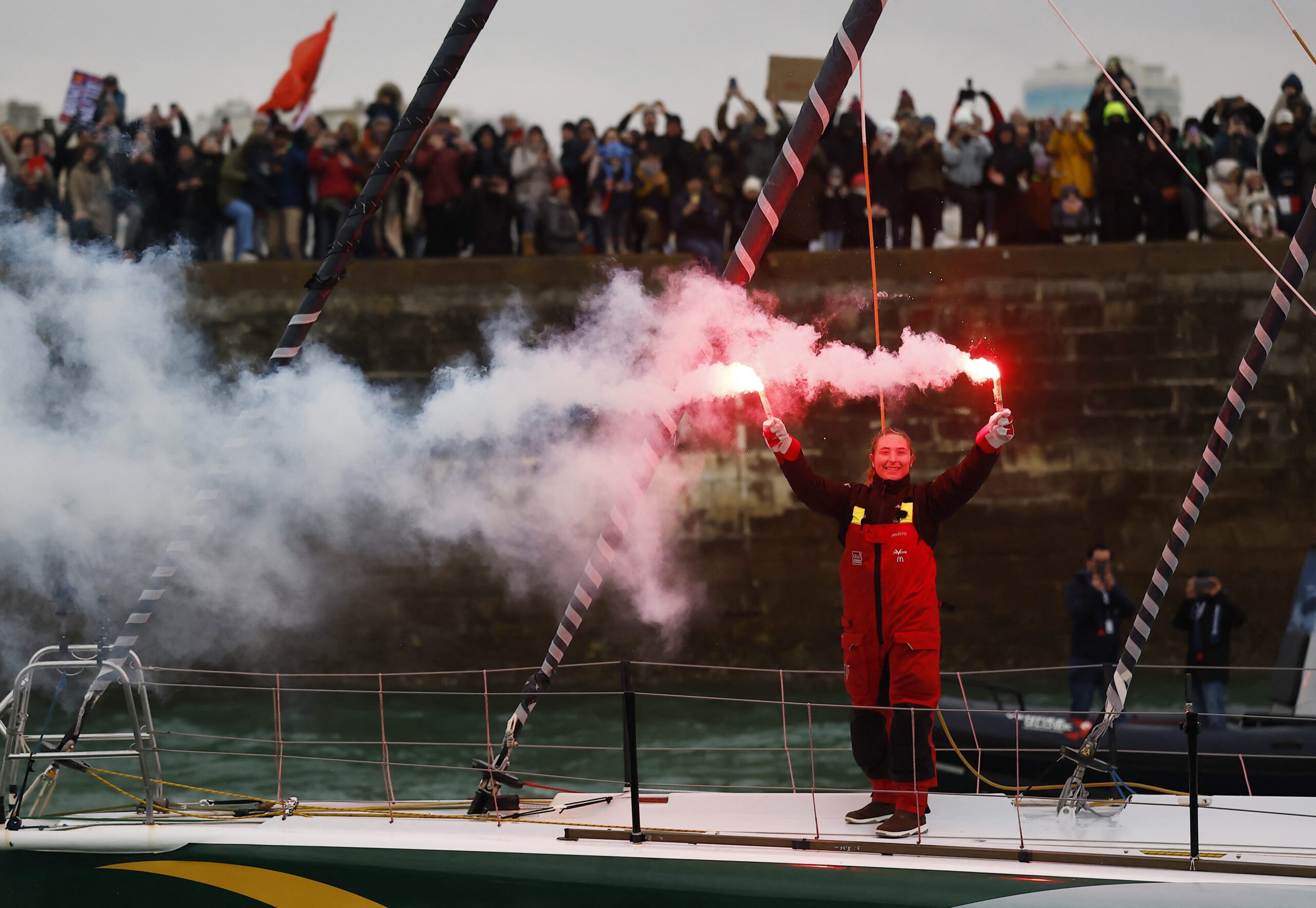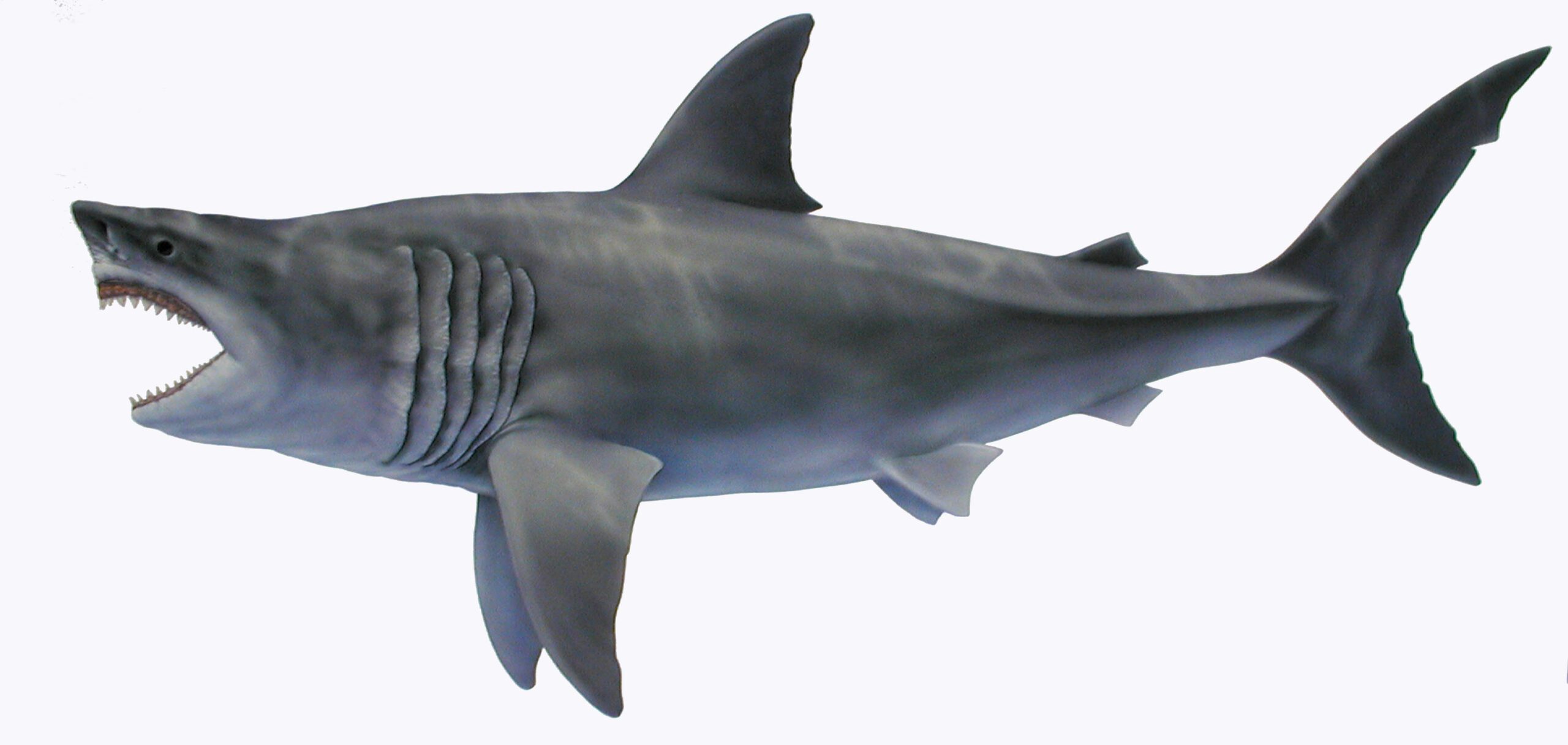Today we continue our interview (click HERE for part 1) with Ralph Mellusi, an admiralty lawyer specializing in marine license defense. Ralph Mellusi has represented a high number of mariners on behalf of MOPS, the leading provider of Marine License Insurance in the United States.
What does the insurance provide the mariner? What is not covered by this type of insurance?
The amount and extent of coverage depends on what the Mariner selects. Mariners face multiple exposures, the first is to the license, the second is Civil liability and the third is Criminal Liability. In any one incident, one exposure or all three can be present.
Starting with Coverage for the first exposure, – the license- a mariner can purchase coverage which only pays for the legal expenses of an Admiralty Attorney. Under the Mops Policy which I am associated and familiar with, the coverage is unlimited which means there is no cap on the amount of attorney fees which the policy will cover. The premium cost increases with higher license grades.
The next level can be more accurately described as an expansion of the License Protection. This provides reimbursement for loss of income (in addition to payment of legal fees) if the license is suspended or revoked or reduced in grade. The limit here is 12 months. The premium varies with the grade of license and the level of monthly income insured.
The next level provides coverage outside the context of CG/NTSB hearings. This is the world of Civil Litigation. Mariners are held civilly liable and accountable for any harm resulting from negligence or violation of law. Mariners are not protected under the cover of the shipowners insurance policy. Shipowners have liability policies which protect the owner and the vessel but not the mariner. As a practical manner, a vessel owner will provide an attorney to represent a mariner because under tort law the vessel owner is vicariously responsible for the acts of its employees. So from a business viewpoint it makes sense in many instances for the vessel owner/operator to defend the mariner. But there are times when a mariner is working for a company that only has one vessel and perhaps is considering filing bankruptcy. In that case there is no incentive to provide a defense for the mariner. The mariner could find him/herself adrift. Ships are expensive items with potential for catastrophic damages. Pilots often face the greatest exposure and for this reason have the highest premiums for coverage. Recently (Sept 18, 2008) a Federal Court in Mississippi found a Bar Pilot Negligent and Personally Liable for Over $800,000 in Damages. The Court held that he failed to review the plans for the entire voyage and mistakenly relied on a floating buoy to fix his position allowing the ship to veer outside of the intended channel and strike a submerged submarine launch structure. The case is a reported decision,
The third area of exposure is Criminal Liability. Here environmental activities comprises the majority of litigation. The federal government and the coastal states have numerous laws and regulations which unfortunately impose a strict liability for harm resulting from mishaps which allow oil products and other contaminants into navigable waters. The Exxon Valdez grounding is the classic example of the issues involved. Mops has coverage to provide payment for a Criminal Attorney to work with Admiralty Counsel on matters of this nature.
Lets say a mariner with MOPS insurance runs aground, what steps should he take?
The first concern is for the safety of the vessel. The Master must use good and proper seamanship principles to do what must be done to minimize damage and properly secure the vessel. The circumstances will dictate what must be done. The next step would be to report the incident to the Coast Guard, or VTS etc. and to follow instructions. In reporting the incident, the mariner should provide factual information that will assist the authorities in the immediate safety of the vessel, personnel and the environment. It should not be necessary to provide opinions or speculations as to why or how the incident occurred. Once vessel and environmental safety considerations are under control, the Mariner assuming he is a MOPS insured, should contact Mops to report the incident. One this is done, a Mops attorney will contact the mariner and provide specific instructions.
Is insurance offered by MOPS to non-US licensed mariners and does a US licensed mariner working aboard a foreign flagged vessel need your insurance?
MOPS does not insure foreign licenses. MOPS does provide a certain level of legal assistance to US mariners who are required to appear in foreign courts and tribunals inquiring into vessel mishaps occurring in their waters. Today, many US Mariners are sailing on foreign flag vessels. Mariners working under the authority of their US license on a foreign flag vessel, are still subject to Coast Guard oversight. A mariner’s license is at all times subject to the mariner’s ability to demonstrate his/her fitness to retain the license. The Coast Guard has the same authority to investigate an “incident” on a foreign vessel which raises the issue as to the competence of the mariner as it does on US flag vessels.
Who is the most at risk? (e.g. tanker mates, cruise ship, those on short domestic runs…)?
I would say that environmental and cruise ship incidents present the greatest exposure. Environmental mishaps trigger criminal liability and have the greatest potential for long term harm. There are not many cruise ships under US flag and there has not been a major cruise ship incident in many years, but the catastrophic potential for loss of human life is obvious given the numbers carried on these megaships. Apart from those categories, there is also a greater risk of collision and allision associated with the inland as opposed to deep sea transits because of traffic, and congested waterways and complexity of piloting in inclement weather.
Any final comments to add?
Yes, there are several misconceptions among mariners about License Insurance which I would like to put to rest;
The first misconception is that the Policy Coverage is voided if a mariner is negligent. Quite the contrary, the precise reason one buys this policy is to protect themselves when they are in fact negligent.
The second misconception is that License Insurance is really for mediocre or less-than- average mariners. This is totally false. Highly competent, top of the class, stellar mariners need it just as much. I have seen this demonstrated numerous times. One story that stands out was the allision of the container ship Jean Lykes with a fuel barge that occurred in New York Harbor in the mid 1990.s The Jean was under the command of a docking pilot and was making a turn into the Kill Van Kull which developed into a ” white- knuckles” situation. The master who was on the bridge, agonized as to whether or not to relieve the pilot or trust in his judgment to save the day with the tugs under his command. That did not happen. The Jean’s bow glanced off the stern of the barge. Both the master and pilot were charged with numerous counts of negligence. The case went to trial. There was media present because the incident occurred in New York Harbor and was written up in the papers. When he testified, it soon became evident to everyone in the court room that the master was the brightest guy there and that he knew more than the experts who were called to testify by both sides. This came as no surprise to me because I got to know him very well in pre-trial preparation. He graduated No 1 from a State maritime college and whenever he took professional courses at MITAG, he was always No 1. Etc. etc. I could go on. To make a long story short, the judge dismissed all eight specifications charged against him. The point to be made here is very simple, location, location, location. The point being made is that you can be the brightest of the brightest but if you are involved in a high profile incident, you will likely be needing legal talent.
The third point is the misconception that License Insurance is very expensive. In reality, a bare bones policy costs less than a dollar a day, so don’t lose sleep as to whether you not you can afford it.
The fourth and last point is that MOPS really has the best product out there. They deliver what they say and they have an excellent network of fine Admiralty attorneys around the country who meet yearly in New York to discuss strategy and cases of interest. When a call for legal assistance comes, Mops attorneys act immediately. In the case of the Jean Lykes, which was assigned to me for defense, I was up the pilot ladder before the Coast Guard boarded the ship.
_____________
Did you read Marine License Insurance –Part 1?
_____________
The above comments are intended to provide a general overview of my experiences as a MOPS attorney and agent. Conditions and terms contained in the MOPS Policy control.
Ralph J. Mellusi Esq.
Tel: 212 962-1590 Fax 212 962-1590
Email Rjmellusi@ Sealawyers.com
www.MarineLicenseInsurance.Com

 Join The Club
Join The Club










